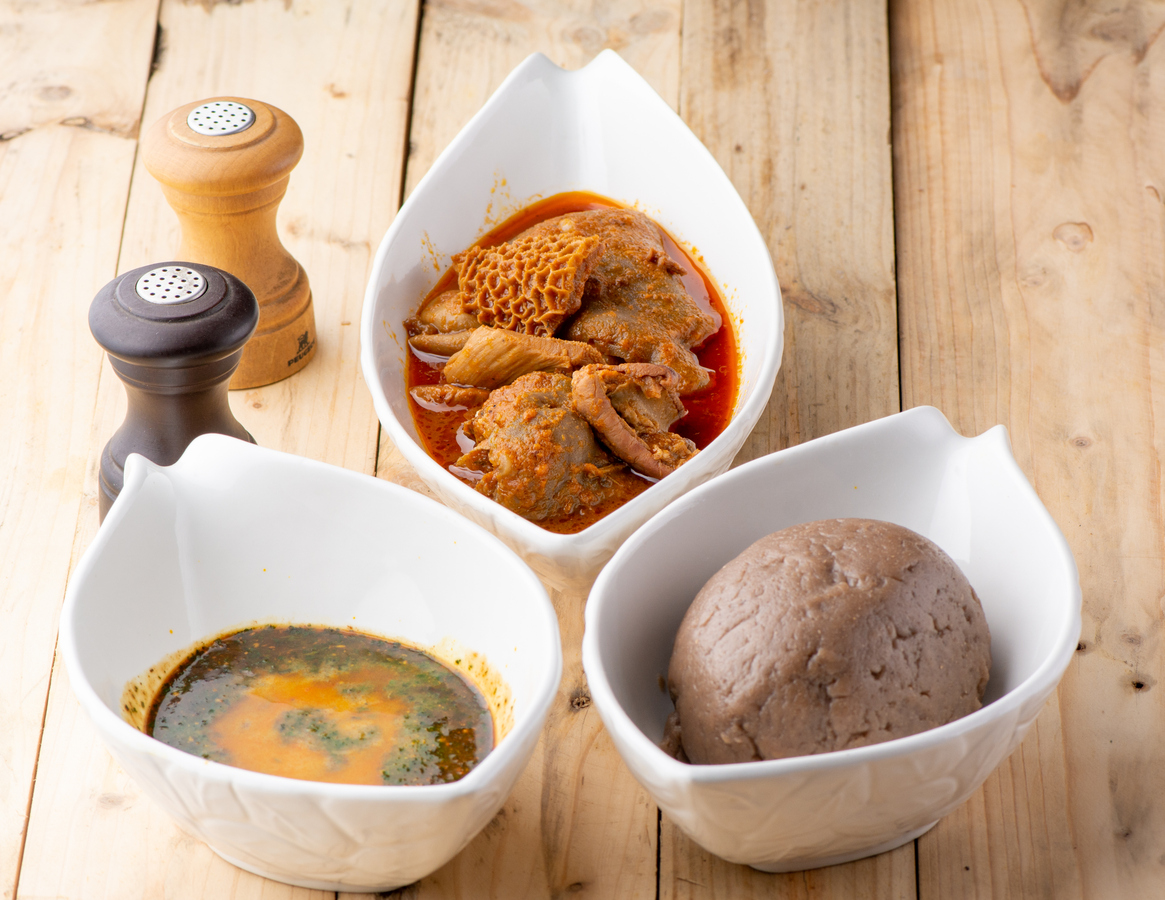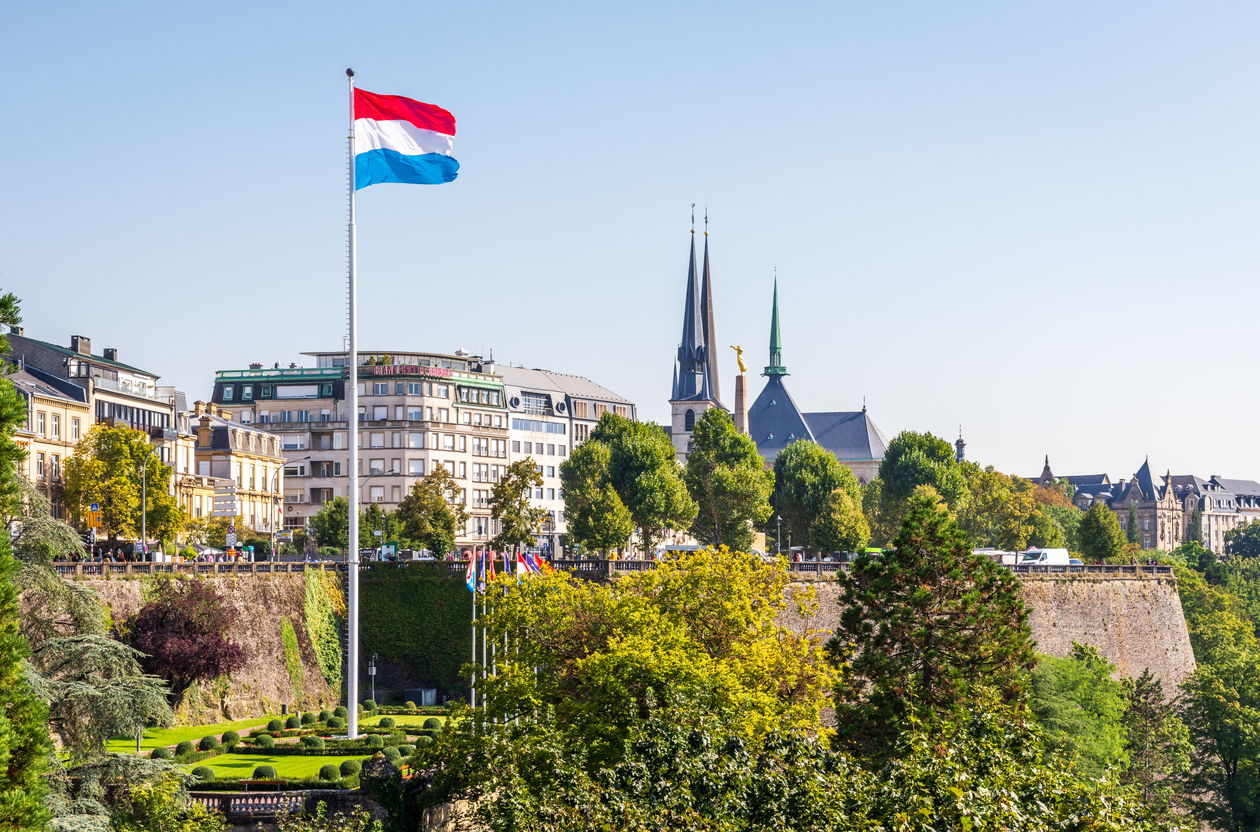Explore the Savory Delights of Gbegiri and Ewedu Soup with Wigmore Trading: A Classic Nigerian Combination
Gbegiri and Ewedu Soup is a classic Nigerian dish that combines two beloved soups into a harmonious and flavorful meal. This delicious combination is especially popular among the Yoruba people and is often served with amala, a type of dough made from yam flour. Let’s explore the origins, preparation, and cultural significance of Gbegiri and Ewedu Soup and show you where to find authentic ingredients through Wigmore Trading, the leading distributor of African food in the USA, UK, and Europe.
The Origins of Gbegiri and Ewedu Soup
Gbegiri and Ewedu Soup is a traditional dish from the southwestern region of Nigeria, particularly among the Yoruba people. Gbegiri is a smooth, creamy soup made from black-eyed peas or brown beans, while Ewedu is a slimy soup made from jute leaves. Together, they create a delicious and nutritious meal that is rich in flavor and texture. This combination is often enjoyed at family gatherings and celebrations, symbolizing unity and abundance.
Ingredients and Preparation
Preparing Gbegiri and Ewedu Soup involves a few key steps to ensure a perfect balance of flavors and textures. Here’s a classic Nigerian recipe to try:
Ingredients for Gbegiri Soup:
- 2 cups of black-eyed peas or brown beans
- 1 medium onion (chopped)
- 1 tablespoon of ground crayfish
- 1 teaspoon of ground pepper
- 2 tablespoons of palm oil
- 1 bouillon cube
- Salt to taste
Ingredients for Ewedu Soup:
- 2 cups of fresh jute leaves (ewedu)
- 1 teaspoon of ground crayfish
- 1 teaspoon of ground pepper
- 1 bouillon cube
- Salt to taste
- 1 teaspoon of potash (kaun) mixed with water (optional, to enhance sliminess)
Instructions for Gbegiri Soup:
- Prepare the beans: Soak the beans in water for a few hours or overnight to soften. Rub them between your hands to remove the skins. Rinse thoroughly until the skins are completely removed.
- Cook the beans: In a pot, add the peeled beans and enough water to cover. Cook until the beans are soft and mushy.
- Blend the mixture: Use a hand blender or traditional broom whisk to blend the cooked beans into a smooth paste. Add water as needed to achieve a creamy consistency.
- Cook the soup: In a separate pot, heat palm oil over medium heat. Add the chopped onions and fry until translucent. Stir in the blended beans, ground crayfish, ground pepper, bouillon cube, and salt to taste. Allow the soup to simmer for 10-15 minutes.
Instructions for Ewedu Soup:
- Prepare the leaves: Pluck the jute leaves from the stems, wash them thoroughly, and blend them into a smooth paste with a little water.
- Cook the soup: In a pot, bring a small amount of water to a boil. Add the blended jute leaves, ground crayfish, ground pepper, bouillon cube, and salt to taste. Stir well.
- Enhance sliminess (optional): If desired, add the potash solution to the soup to increase its sliminess. Allow the soup to cook for 5-7 minutes.
- Serve hot: Gbegiri and Ewedu Soup is best enjoyed hot, served with amala, pounded yam, or rice.
Variations Across Regions
While the basic recipe for Gbegiri and Ewedu Soup is consistent, there are variations that incorporate local ingredients and preferences:
- Gbegiri with Fish: Some variations include smoked fish or stockfish for added flavor and protein.
- Spicy Ewedu: Additional spices, such as locust beans (iru), can be added to enhance the flavor of Ewedu Soup.
Cultural Significance
Gbegiri and Ewedu Soup holds a special place in Nigerian culture as a beloved and nutritious meal. It is commonly served at weddings, parties, and other celebrations, symbolizing abundance and hospitality. The preparation of this dish is often seen as a communal activity, bringing families and communities together to share in the joy of cooking and eating.
Shop Authentic Ingredients at Wigmore Trading
To recreate the authentic taste of Gbegiri and Ewedu Soup, it’s essential to use high-quality ingredients. Wigmore Trading, the leading wholesale distributor of African food in the USA, UK, and Europe, offers a wide selection of authentic products for your culinary needs.
Visit Wigmore Trading’s online store to explore our extensive range of Nigerian foods, available at competitive wholesale prices. Whether you’re a home cook or a professional chef, Wigmore Trading ensures you have access to the finest ingredients for all your culinary creations.
Bringing Nigerian Flavors to Your Table
Gbegiri and Ewedu Soup is more than just a dish; it’s a celebration of Nigerian culture and tradition. With Wigmore Trading, you can bring these vibrant flavors to your kitchen, confident that you’re using the best ingredients available.
Discover the joy of cooking and sharing Gbegiri and Ewedu Soup today with Wigmore Trading, your trusted partner in delivering the finest African food products to the world.








Comments are closed.